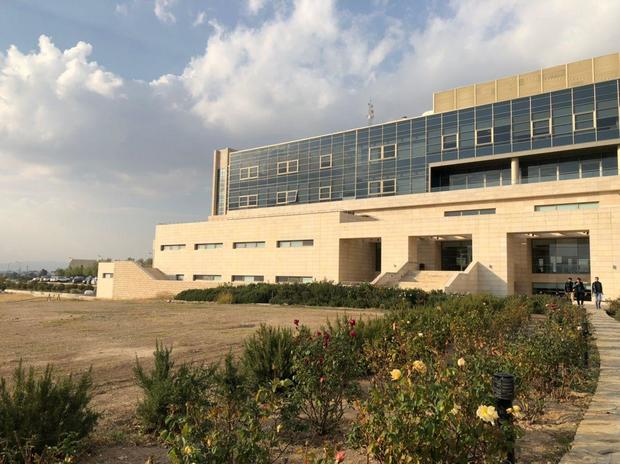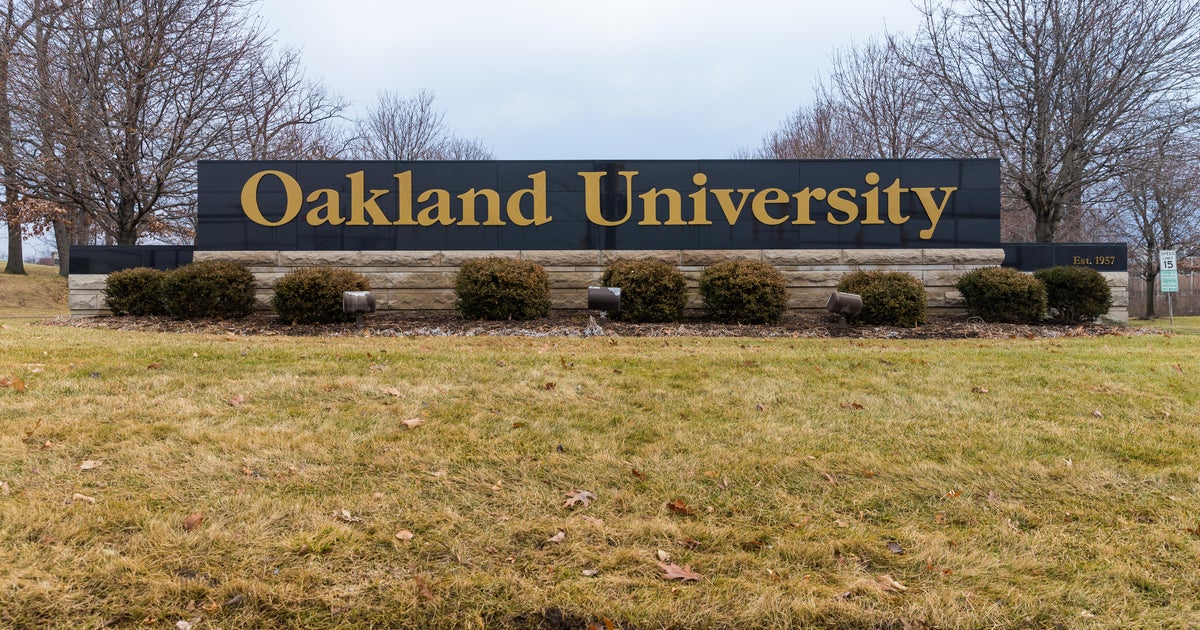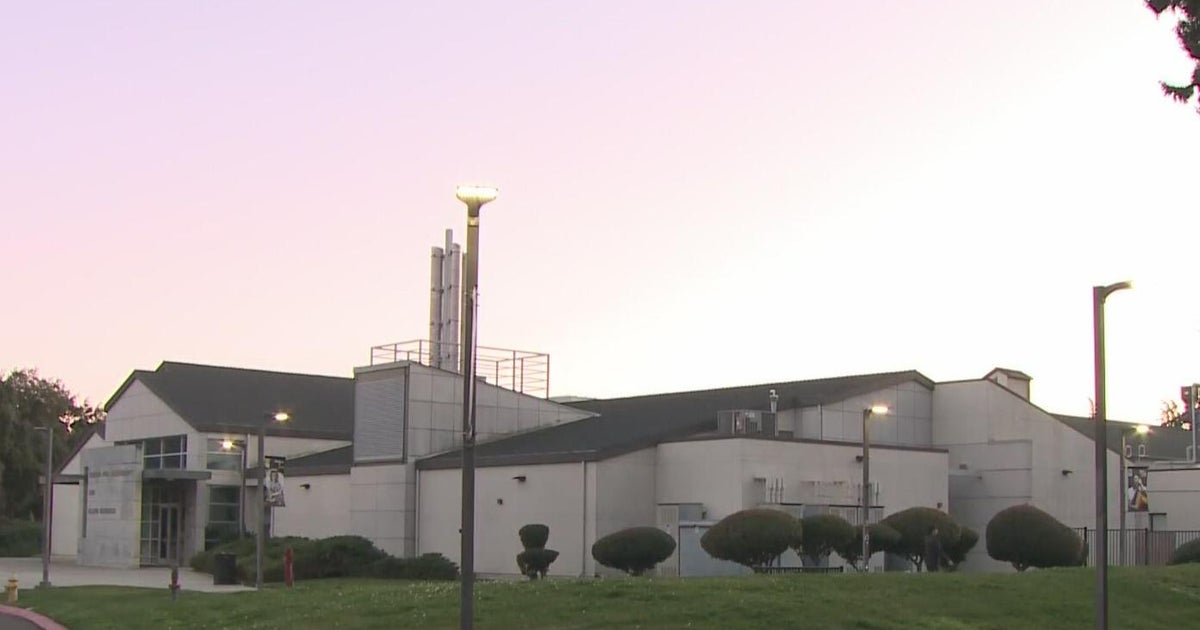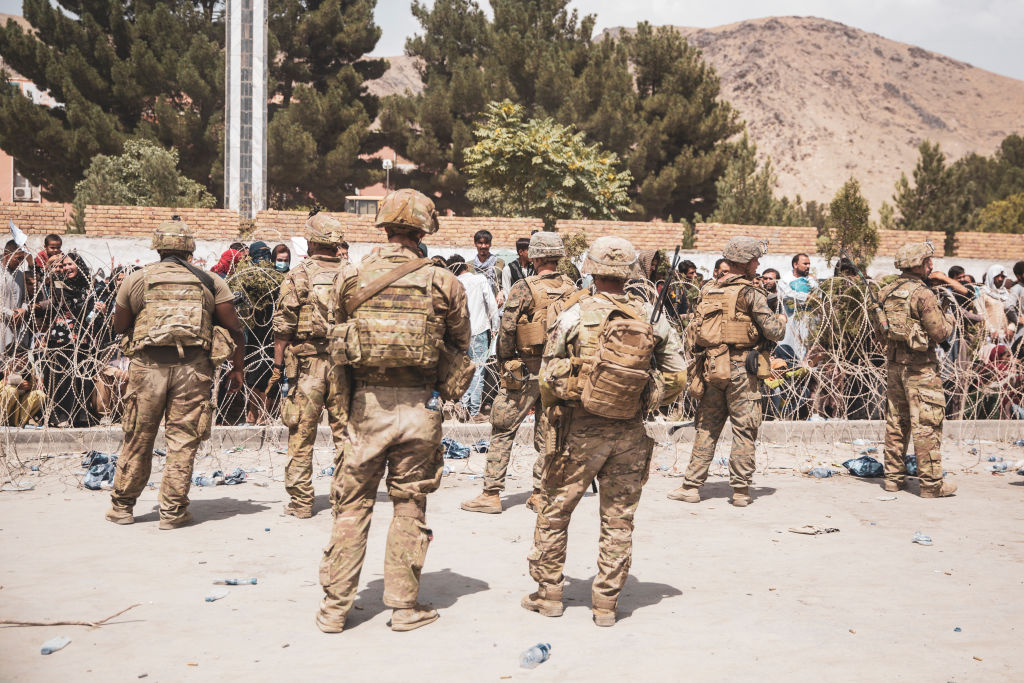American University of Afghanistan's students are scattered all over the world, but their education continues
After Kabul fell to the Taliban in August 2021, Halima received an email from the American University of Afghanistan that she would be on a flight out the next day. She took a small backpack with two sets of clothes, and left behind her family and the first 19 years of her life. The next day, she arrived at the American University of Iraq–Solemani.
She was at first worried about her safety in what she regarded as another war-torn country, but she eventually settled in and felt secure at her new campus.
Her course schedule is a mix of in-person classes with fellow students from the university in Iraq and online courses with Afghan students from around the world.
Scattered throughout the world, the students from the American University of Afghanistan are logging on across time zones to continue their education. Over half of the students have now been evacuated from Afghanistan and are mainly in Iraq, Kyrgyzstan and the U.S., with others in countries like Germany, France, Chile and Rwanda.
CBS News spoke to seven current students and is not using their real names out of security concerns for the students and their families.
The American University of Afghanistan was established in 2006 as the nation's first private college with a grant from the U.S. Agency for International Development. It was founded with 50 students and grew to over 1,000, with the aim of establishing a form of higher education built on the American model. The physical campus closed soon after the Taliban took control this summer.
Over 2,000 miles to the east of Iraq, in Bishkek, Kyrgyzstan, Fazal, a business student, joins his class from his new apartment near the American University of Central Asia. He's learning some Russian, the local language spoken, to get by in his new environment.
"I needed to leave my family, my father and mother, because I didn't want to be a threat to them by being affiliated with a U.S. institution," he said.
Concentrating on his studies has been difficult, with his mind wandering back to his homeland and family, but he remains motivated to graduate. "It has been a struggle to get back to the same focus, the attention span that I previously had," he said. "But I kind of keep trying and putting in effort to get back to being normal."
"They were impressive people even in relatively normal times, but what they're demonstrating now with their resilience and their ambitions and their desire to learn surpasses anything I've ever seen from students anywhere in the world," said Ian Bickford, president of the university.
Keeping the classes going hasn't been easy. Schedules still run on Kabul time to standardize when students around the world meet. That has students and professors signing on at various hours of the night and day.
The professors preview all the material at the beginning of the week, with online class sessions acting as a supplement. This format aims to help students who may not be able to attend every class.
"We thought that was a really important signal to send to our community that we are still there and we can still teach," said Dr. Victoria Fontan, vice president of academic affairs at the university and a professor of peace and conflict studies.
The students remaining in Afghanistan face unique challenges. With electricity and internet no longer reliable, it has been difficult for Norie to attend class. She has not told her family that she is continuing her studies with the university online. She fears them finding out, accidentally mentioning her continuing education and the repercussions that could follow.
But beyond the anxiety is the loneliness that plagues her current life as a woman in Afghanistan. "I can't go alone to meet with my friends. I can't go shopping alone. I can't go do sports. I used to run with my father in the morning and I can't anymore."
In a refugee facility in France, Hassan, a student who made it out of Afghanistan on his own, said he never thought he would leave his country and worries about his future.
"When I came to France, I lost my hope. I was like, I'm nothing right now. I was studying, and here I have nothing. I don't even have a bachelor's degree." From his room at the facility, he continues with his classes online in hopes that he will be relocated to a university. While still a student in Kabul, he was working on developing a software that would make it easier for students to take classes from their phone. He worries that his family is in danger and that there is nothing he can do to help them.
Even as the students are spread across 28 countries, some still hope to see their futures in Afghanistan. Pashtana Dorani was evacuated to the U.S. in late October on a researcher visa. She is at Wellesley College in Massachusetts researching the impact of conflict on women's education while finishing her undergraduate degree.
In Afghanistan, she founded LEARN, a nonprofit focused on education, organizing projects around digital literacy and menstrual hygiene management. While grateful for the opportunity to be in the U.S., she maintains that she wants to take the skills she learns back to her home country when it feels safe.
"Staying in the U.S. is good, I'm grateful for the support I have right now, and I'm so grateful for all these amazing women around me," she said. "But at the end of the day, the heart is where home is. And home is Afghanistan."




